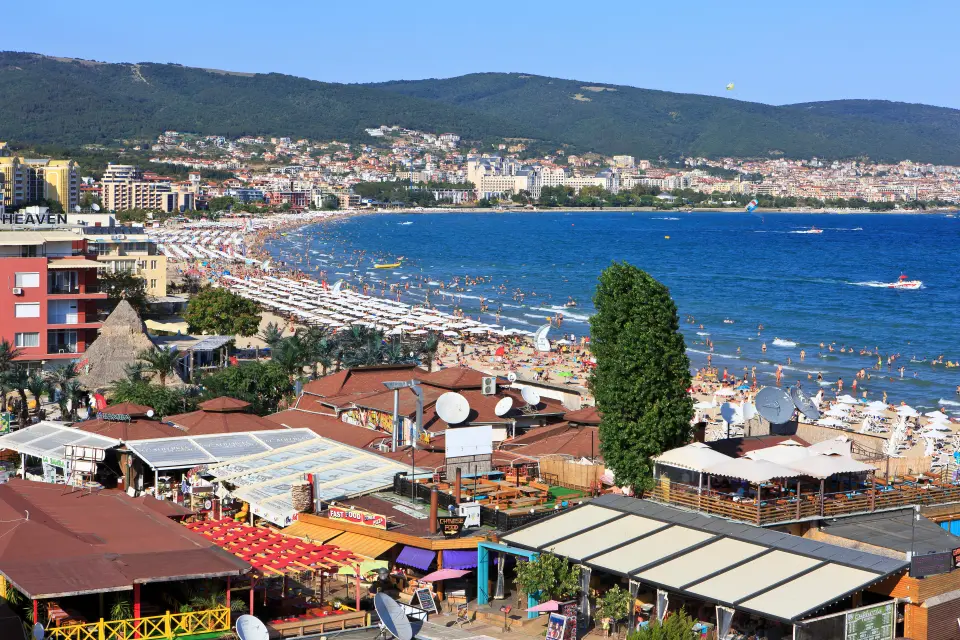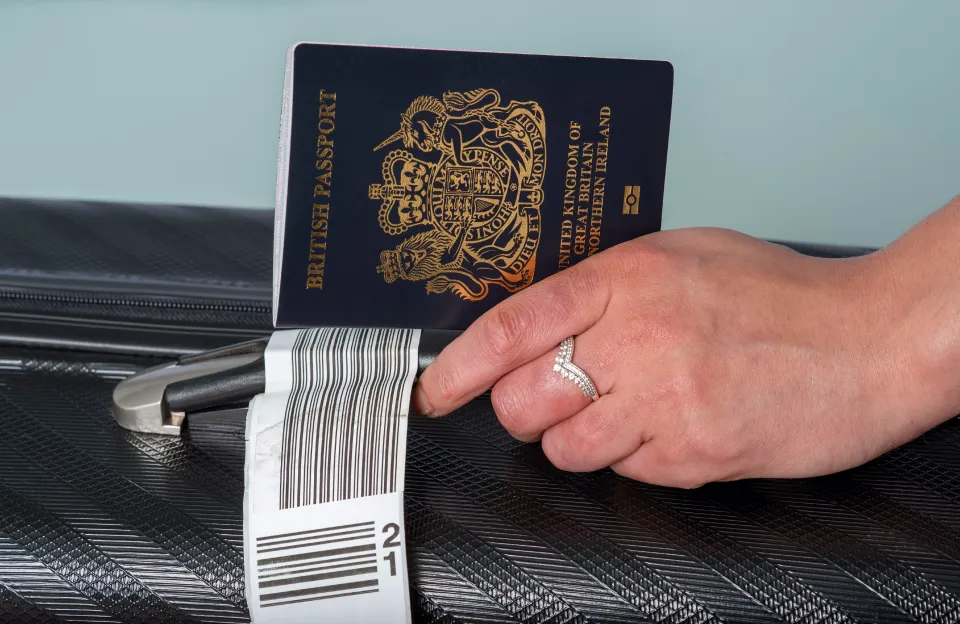In a significant and unexpected announcement, UK-based tour operator Balkan Holidays has declared the immediate cessation of its business operations as of April 24, 2025, marking the end of nearly six decades in the travel industry. The company, long known for its affordable holiday packages to Eastern Europe, will no longer operate, and all future bookings have been cancelled.
While holidaymakers currently abroad under Balkan Holidays’ packages will be able to complete their trips as planned, those with upcoming travel plans will be issued full refunds. The abrupt closure has triggered concerns about the growing instability in the UK travel market, following a pattern of recent closures and increased consumer uncertainty.
This article provides an in-depth look at the situation, explores the implications for customers, and highlights the broader context of challenges in the UK travel sector.
What Happened to Balkan Holidays?
Sudden Closure Shocks Industry and Travellers
Balkan Holidays made a public announcement through its official website and Facebook page confirming it would no longer be trading in the UK market. The announcement stated:
“We regret to inform you that Balkan Holidays Ltd has, as of 24th of April 2025, closed for business in the UK. The company has not gone into liquidation, however all forward holiday bookings have been cancelled.”
The tour operator emphasized that all affected customers would be contacted directly and issued full refunds, with processing done in the order of departure dates. While the business is not entering formal liquidation, its future in any form remains unclear.
Customers Advised to Wait for Refunds
The statement from Balkan Holidays urged direct customers to contact the company via email, while those who had booked through third-party travel agents were advised to approach those agents for a refund. Customers were also asked to remain patient as the company processes the reimbursements.
With over 27,800 ATOL-protected passengers under its license and historical peaks serving as many as 130,000 travellers annually, the sudden halt has left many questioning what led to the collapse.
Balkan Holidays: A Brief History
Nearly 60 Years of Operations
Founded in the 1960s, Balkan Holidays carved out a niche offering affordable holiday options to destinations in Eastern Europe. The company built a strong reputation as a market leader for travel to Bulgaria, offering flights to Burgas on the Black Sea for beach getaways, and to Sofia for ski and snowboarding trips.
Expanding Beyond Bulgaria
Over the decades, the company expanded its destination portfolio to include Croatia, Montenegro, Slovenia, Malta, and Northern Cyprus. It boasted departures from 17 UK airports, more than any other UK tour operator at its peak.
Balkan Holidays had become synonymous with budget-friendly, family-oriented holidays in emerging European destinations—providing an alternative to the more mainstream Spanish or Greek islands.
What Does the Closure Mean for Customers?
Existing Bookings Cancelled
All forward bookings have been officially cancelled, with the company promising full refunds to affected travellers. However, the lack of a specific refund timeline has created anxiety among those who had saved and planned for their summer holidays.
ATOL Protection and Refunds
Because Balkan Holidays held an ATOL (Air Travel Organiser’s Licence), most package holiday bookings are protected. This means that customers who booked qualifying packages should be able to receive a full refund or complete their current trips without additional charges.
However, those who only booked elements such as accommodation or cruises without flights may not be covered by ATOL. Customers in this category are advised to contact the company directly or through their travel agent and may need to rely on travel insurance if they’re not eligible for ATOL-related compensation.
The Ripple Effect: Travel Industry Under Pressure
Not an Isolated Case
The closure of Balkan Holidays is not the only recent shake-up in the UK travel landscape. In March 2025, Guernsey-based Trafalgar Travel also announced it was shutting down after 42 years in operation. Company leadership blamed increased operational costs and a consumer shift toward online booking platforms as key contributors to their difficult decision.
Charlie Coyle, a manager at Trafalgar Travel, said:
“This has been a very sad and tough decision. However, we all remain 100% committed to ensuring a very smooth transfer of bookings to another agency.”
Bookings before June 1 are still being handled by Trafalgar, while all others are being transitioned to alternate providers.
Jetline Holidays Collapse: 5,000 Left Stranded
In another blow to consumer confidence, Jetline Holidays, a prominent travel agency based in the UK, collapsed in early 2025. The fallout was severe, with nearly 5,000 British holidaymakers affected. Many of them had booked luxury cruise holidays with brands such as Princess Cruises, Cunard, and Holland America.
Some travellers reported being forced to pay again for their cruise holidays or face cancellation. Others were caught unaware with incomplete itineraries, unable to verify bookings or receive support from the company.
The Civil Aviation Authority (CAA) stepped in to clarify that Jetline had acted as an agent for other ATOL holders. Therefore, not all bookings were protected, leaving some travellers ineligible for a refund.
Why Are UK Travel Companies Struggling?
The Shift to Digital and DIY Booking
The travel industry has undergone a digital revolution, with consumers increasingly choosing to book flights, accommodations, and activities independently via online platforms. Traditional travel agencies have struggled to compete with the convenience, flexibility, and often lower prices offered by online travel aggregators.
Rising Operational Costs
Inflation, fuel price surges, and escalating staff wages have significantly raised the operational costs for travel businesses. Companies like Balkan Holidays have faced mounting pressure to maintain competitive pricing while absorbing these rising costs—often at unsustainable margins.
Decline in High Street Agencies
According to data from Statista, the number of physical travel agency shops in the UK declined from over 4,200 in March 2019 to 3,500 by June 2023—a near 18% drop in just four years. This trend points to a wider industry transformation that’s left many traditional operators behind.
What Travellers Should Do Now
Check ATOL and Travel Insurance Coverage
Before booking a holiday, it’s important for travellers to verify whether the travel operator is ATOL-protected. In addition, comprehensive travel insurance that covers supplier failure should be considered a must, especially when dealing with less mainstream providers.
Book with Reputable Agents or Direct Providers
Where possible, book directly with airlines or hotel groups, or through long-established agents with a clear record of financial health. Larger brands often have the capacity to absorb economic shocks better than smaller niche operators.
Keep Documentation and Payment Records
In the event of a travel company’s failure, having detailed documentation—booking confirmations, payment receipts, and correspondence—can make refund processing more efficient and successful.
The Future of the UK Travel Industry
A Need for Structural Change
The repeated collapses in the UK travel sector point to the need for a structural shift in how tour operators conduct business. Hybrid models that blend the personalised service of traditional travel agencies with the agility of digital platforms may offer a way forward.
Consumer Confidence and Regulation
Boosting consumer confidence will be essential. Strengthening protections like ATOL and encouraging more widespread travel insurance adoption can help shield customers from financial loss.
Regulators and industry watchdogs may also need to take a closer look at financial health reporting and operational sustainability requirements for tour operators to reduce the likelihood of sudden collapses.
Final Thoughts
The closure of Balkan Holidays is a sobering moment for the UK travel industry and a stark reminder of how volatile the sector has become. From shifting booking habits to rising costs and intense competition, operators are under more pressure than ever before.
For travellers, the message is clear: stay informed, book wisely, and ensure your travel plans are protected. For the industry, it may be time to adapt or risk further erosion of public trust.
As we move further into 2025, the travel landscape is evolving rapidly, and resilience—both from operators and consumers—will be the key to navigating the uncertainty ahead.
- Man City drop Jack Grealish transfer hint as they launch stunning new kit for Club World Cup - June 5, 2025
- Madison Beer Shares Cheeky Bath Photo in Oscars Party Post - June 5, 2025
- Willow Name Meaning - June 5, 2025







